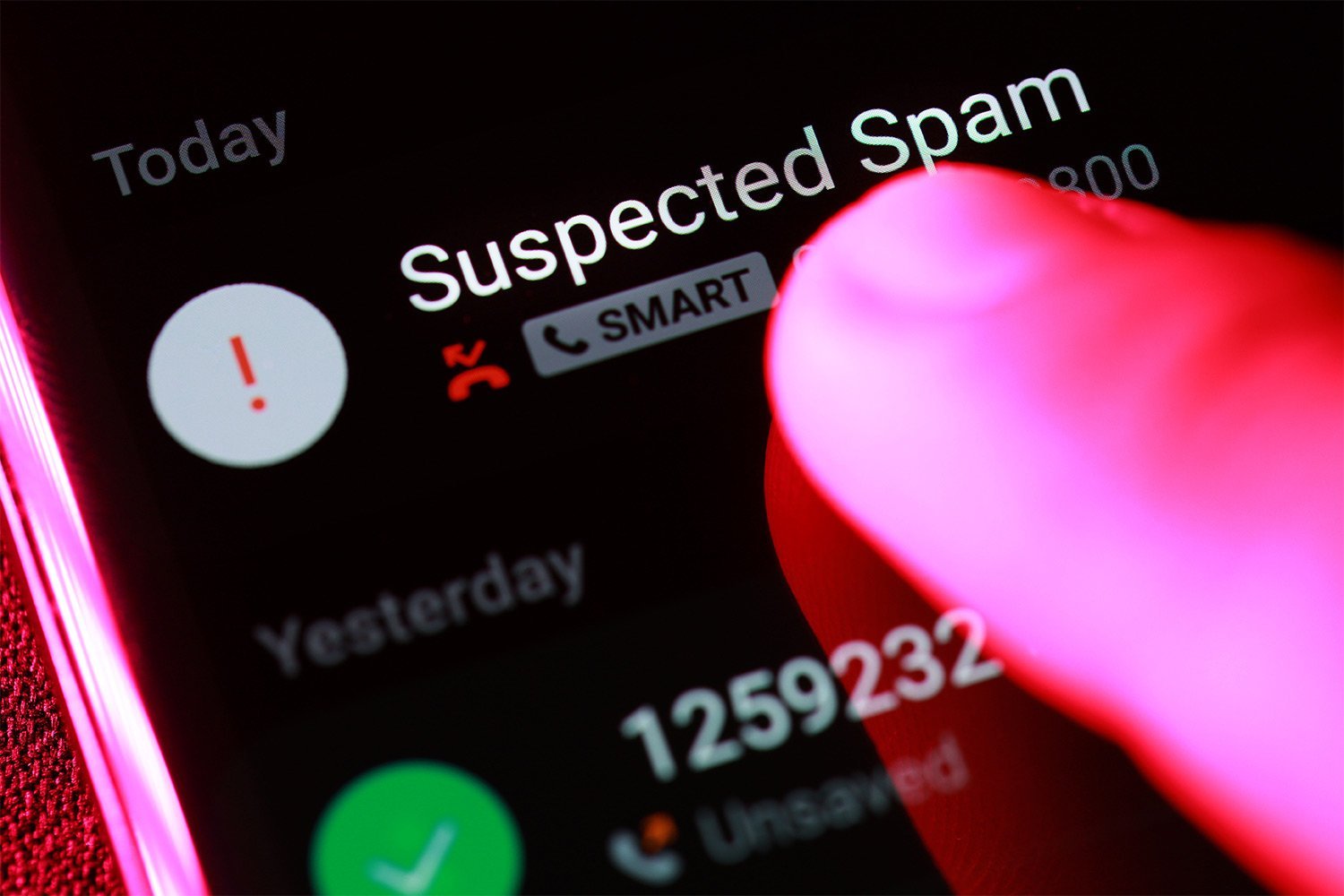Introduction
Have you ever received a call from 877-316-8906 that left you questioning its legitimacy? You’re not alone. In this article, we’ll unravel the mystery behind this number and why it’s crucial to steer clear of it. Let’s dive in!
Table of Contents
| Sr# | Headings |
|---|---|
| 1 | Understanding the 602-357-4100 Scam Call |
| 2 | How the Scam Call Operates |
| 3 | Common Tactics Used by Scammers |
| 4 | Why You Shouldn’t Answer the Call |
| 5 | Protecting Yourself from Phone Scams |
| 6 | Reporting the Scam to Authorities |
| 7 | Educating Others: Spread the Word |
| 8 | Meta Title and Description Importance |
| 9 | Crafting an Engaging Meta Title |
| 10 | Creating a Compelling Meta Description |
| 11 | FAQs: Your Burning Questions Answered |
| 12 | FAQ 1: What Happens If I Answer the Call? |
| 13 | FAQ 2: How Can I Report the Scam? |
| 14 | FAQ 3: Are These Calls Traced? |
| 15 | FAQ 4: What Do Scammers Gain from This? |
| 16 | FAQ 5: How Can I Protect My Personal Info? |
Understanding the 602-357-4100 Scam Call
602-357-4100, a seemingly harmless string of digits, has become synonymous with phone scams. Scammers often use this number to lure unsuspecting individuals into their deceptive schemes.
How the Scam Call Operates
Common Tactics Used by Scammers
Have you ever wondered how scammers operate through this number? They often impersonate trusted organizations, claiming urgent issues with your accounts. The goal? To create panic and pressure you into revealing sensitive information.
Why You Shouldn’t Answer the Call
Ignoring that call might just save you from a world of trouble. Answering gives scammers the opportunity they crave to manipulate you. Remember, genuine organizations rarely demand immediate action over the phone.
Protecting Yourself from Phone Scams
Recognizing the Signs
Scam calls can be sneaky, but they leave clues. Be wary of unsolicited calls, especially those asking for personal information. When in doubt, verify the caller’s identity independently.
Installing Call Blocking Apps
Ever considered giving your phone a bouncer? Call blocking apps act as a shield, filtering out potential scam calls. Take control of who gets through and protect yourself from unwanted solicitations.
Reporting the Scam to Authorities
Your actions matter in the fight against scams. Report the incident to the Federal Trade Commission (FTC) and your local authorities. Your report can contribute to ongoing investigations and help prevent others from falling victim.
Educating Others: Spread the Word
Knowledge is power, especially in the digital age. Share your experience and this article with friends and family. The more informed everyone is, the harder it becomes for scammers to succeed.
Meta Title and Description Importance
Crafting an Engaging Meta Title
The first impression matters, even in search results. Craft a meta title that intrigues and informs. “Unmasking the 602-357-4100 Scam: Protect Yourself from Deceptive Calls.”
Creating a Compelling Meta Description
Hook your audience with a brief, compelling summary. “Discover the dangers behind the 602-357-4100 scam call and learn how to safeguard your personal information. Stay informed, stay protected.”
FAQs: Your Burning Questions Answered
FAQ 1: What Happens If I Answer the Call?
Answering might expose you to manipulation. Scammers may pose as authorities, tricking you into sharing personal details. It’s safest to let it go unanswered.
FAQ 2: How Can I Report the Scam?
Reporting is crucial in the fight against scams. Reach out to the FTC and local authorities. Your report could contribute to preventing others from falling victim.
FAQ 3: Are These Calls Traced?
Tracing scam calls is challenging but not impossible. Authorities may trace calls during investigations. However, prevention through awareness remains the primary defense.
FAQ 4: What Do Scammers Gain from This?
Scammers aim for personal information and financial gain. They may attempt identity theft or fraudulent activities using the data they extract.
FAQ 5: How Can I Protect My Personal Info?
Stay vigilant and protect your information. Avoid sharing personal details over the phone. Verify the identity of the caller independently before providing any information.
Conclusion
In a world where scams are prevalent, staying informed is your best defense. The 602-357-4100 scam call is just one example of the digital threats we face. By educating yourself and others, you contribute to a safer online environment. Remember, knowledge empowers – share it wisely.
Read More : Is Scam 4077074463 Real?
Read More :Deciphering Equibase Condition Books
Read More :Is It Spam 602-892-1016? Unveiling the Mystery Behind the Call
